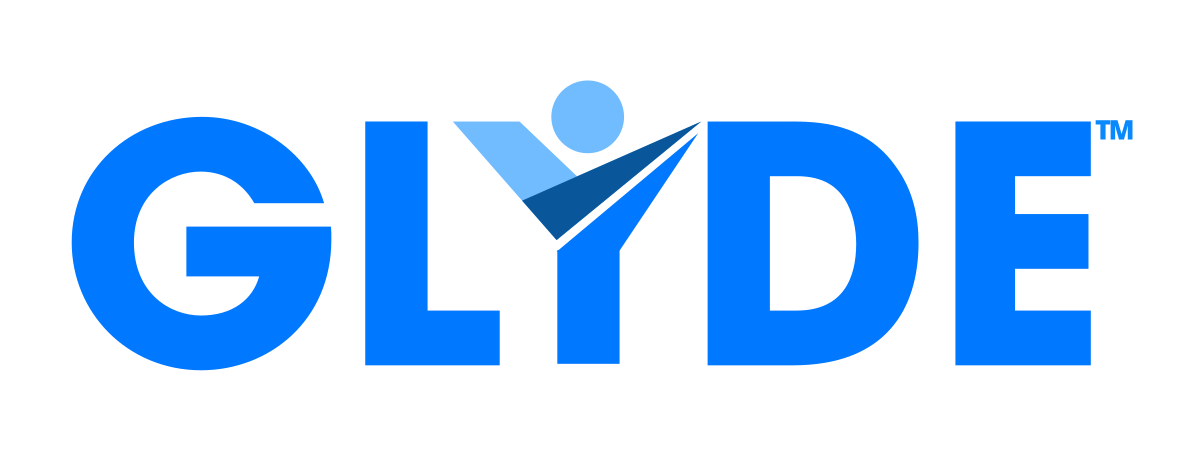Over the decades the rapid pace of technological evolution has revolutionized industries, establishing a new order that demands adaptation for survival and success. Recruitment, part of the agile domain of Human Resources, will not be spared from this disruptive wave, especially with the introduction of AI-driven tools that promise to reshape talent acquisition as we know it.
I often remember long debates with an old business partner about the right thing to be working on and he would often recall the famous Henry Ford quote, “If I had asked people what they wanted, they would have said faster horses.”
This serves as a powerful analogy for the resistance to change that so many of us face. We often cling to what we know – faster horses – when true innovation – the automobile – requires a leap of faith beyond the comfort of the familiar.
The Challenge…
As recruitment teams approach the crossroads of traditional methods and AI-driven processes, a raft of hesitations arise. Naturally leaders in the field must weigh perceived risks against the potential disruption AI could bring. The concern isn’t unwarranted – according to LinkedIn most talent professionals and hiring managers say AI will change the way recruiting is done in their organization*
This significant shift from human-centric to a more AI-integrated workflow marks a disruptive phase in the recruitment sector, giving way to both opportunities and apprehensions.
Psychological Barriers
The psychological hurdles – fear of the unknown, concerns about job security, and skepticism about AI effectiveness – can create considerable barriers. Many fear that AI will replace the ‘human touch’ that’s considered essential in connecting with and evaluating potential candidates and a key component of the value add a recruiter brings to the table.
However, industry leaders who’ve successfully woven AI into their recruitment processes often provide a different narrative. They share stories of transformation where AI is a complementary force, enhancing their roles rather than diminishing them. For example, where AI in recruitment has empowered teams to focus more on strategic and relational aspects by allowing it to take over repetitive, high-volume tasks.
Companies that have embraced AI in hiring report better candidate quality, a streamlined recruitment process, and a remarkable improvement in candidate satisfaction scores. Isn’t this what we have all been searching for over the last decade?
Strategies to Sustain Momentum
To sustain the momentum towards innovation and overcome doubts, here are strategies that recruitment teams can implement.
1. Build an Internal Culture of Innovation
An organization that values exploration of new ideas and technologies creates an environment fertile for innovation. By fostering a culture that celebrates curiosity and continuous improvement, recruitment teams can naturally integrate AI and other technological advancements into their workflows.
2. Focus on Clear, Measurable Outcomes from AI Adoption
Concrete results speak volumes; when recruitment teams can tie AI adoption to distinct improvements, it validates the move towards innovation. Metrics such as time saved, cost per hire, and improved candidate experience underscore the tangible benefits of integrating AI into recruitment strategies.
3. Leverage Community
The power of community should not be underestimated when embracing change. Forums, webinars, and conferences act as melting pots of knowledge and experience, enriching the understanding of AI applications in recruitment. Speak to your fellow recruiters and even your competitors to better understand the art of the possible.
4. Continuous Learning
Additionally, continuous learning is paramount. As AI and machine learning technologies evolve, ongoing training and development ensure that recruitment teams remain at the forefront, competent in the latest tools and methodologies.
Get started
Most importantly, get started. The best way to build and sustain momentum is to get started and build experiences. Trying out AI tools and methodologies, even on a small scale initially, allows teams to become comfortable and gain firsthand knowledge.
Begin with limited pilot projects to test AI implementations before scaling up. This allows for contained risk, learnings, and incremental progress. As the team gains experience, confidence will grow to take on larger AI initiatives.
Don’t get left behind
The landscape of recruitment is changing, and staying committed to technological advancements is not just about keeping up. It’s about leveraging the power of AI to transform the industry, drive value, and secure competitive advantage. Recruitment leaders must act as champions for this change, facilitating a supported, educated transition for their teams.
Innovation, especially when it involves AI, is not just about adopting new technology; it’s about adopting a new mindset. It’s a journey fraught with uncertainties but peppered with immense possibilities. By taking a strategic, supportive approach, recruitment teams can transcend the initial doubts to embrace an AI-enhanced future.
We invite you to share your thoughts and experiences related to AI in recruitment in the comments below. Let the conversation begin, and let’s navigate the avenues of the #futureofwork together.
*https://www.linkedin.com/business/talent/blog/talent-acquisition/how-ai-will-change-hiring

